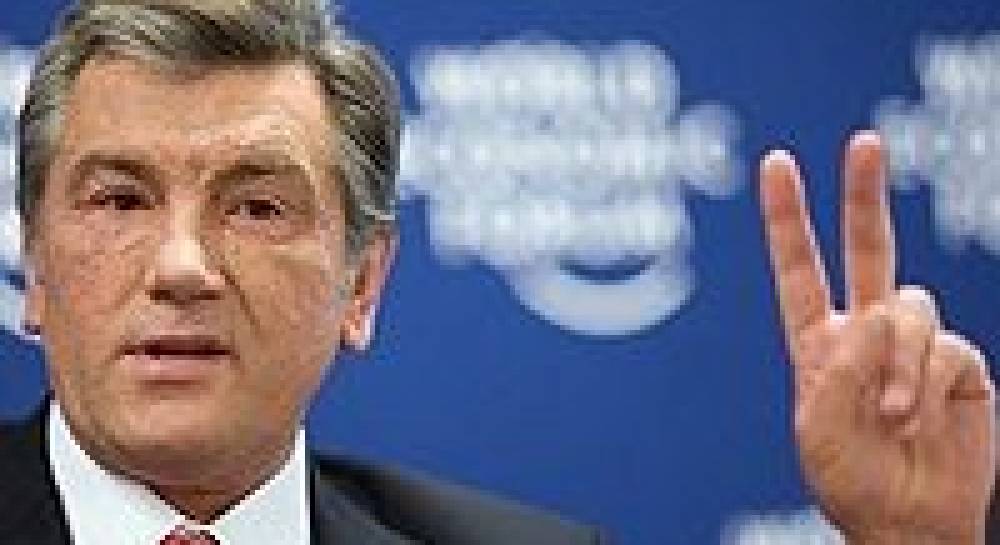
Kiev’s WTO step to loosen Russia grip
After 14 gruelling years of negotiations, the World Trade Organisation on Tuesday gave the green light for Ukraine to join the 151-member body, a key step in Kiev’s effort to reduce Moscow’s grip on the ex-Soviet economy and move it further towards...
After 14 gruelling years of negotiations, the World Trade Organisation on Tuesday gave the green light for Ukraine to join the 151-member body, a key step in Kiev’s effort to reduce Moscow’s grip on the ex-Soviet economy and move it further towards the European Union and the west.
In a sign of the importance accorded to WTO membership, Victor Yushchenko, Ukraine’s president, travelled to Geneva to sign the accession documents in person. Ukraine will formally join the world trade watchdog once parliament has ratified the membership deal, which it must normally do within six months.
At the signing ceremony, Mr Yushchenko said Ukraine’s WTO membership was “truly an historic moment and a decisive milestone in the development of our economy”, allowing the country “to build closer economic ties worldwide”.
Pascal Lamy, the WTO director-general, said membership would provide Kiev “with a stable and predictable trade environment that will boost its growth and prosperity”. Ukraine, with a population of 47m, is the third biggest country still outside the WTO after Russia and Iran.
Ukraine’s first priority as a WTO member will be to forge a trade agreement with the EU, its largest trading partner, which has made accession a condition of the talks. Negotiations are expected to kick off later this month.
Only last month Brussels dropped its block on Ukraine’s WTO entry when Kiev agreed to cap export duties on a broad range of goods, including metals and agricultural products.
WTO membership and a future trade deal with the EU will open up world markets to Ukrainian goods and boost a vibrant but still fragile economy that ranks as one of the world’s top 10 metals and grain exporters.
Exports and buoyant domestic consumption have fuelled eight years of strong economic growth, including a 7 per cent increase in GDP last year. But the lifting of protectionist barriers will force painful adjustments in some key sectors, including sugar and the fast-expanding car industry, as more competitive imports flood in.
The WTO membership agreement requires Kiev to cut maximum tariffs on industrial goods to an average 5 per cent and on agricultural goods to an average 10-11 per cent. Duties on a wide range of goods – including steel, pharmaceuticals, wood and information technology products – will be eliminated.
Kiev has also agreed not to subsidise agricultural exports and to restrict aid to farmers. However, the economy – including steel, the main export industry – is expected to benefit overall. WTO membership is also predicted to boost foreign direct investment, which reached nearly $8bn (?5.4bn, £4bn) last year.
Membership will give Kiev greater leverage in its strained dealings with Moscow, which hopes later this year to finalise its bid to join the WTO, launched in 1993 at the same time as Ukraine. Once a WTO member, Ukraine could block the Russian application if its trade demands were not met.
An early test of how Kiev will use its WTO card will come on February 12 at a bilateral summit in Moscow, where energy and trade will be high on the agenda. Both Mr Yushchenko and Yulia Tymoshenko, his pro-western prime minister, have insisted that Kiev will opt for constructive talks and not confrontation.
Oleg Riabokon, a Kiev-based trade lawyer who has advised the government on trade issues, said Ukrainian negotiators were unlikely to try blackmailing Moscow over the WTO.
“At this time, Russia’s WTO bid is more dependent on what the US and the EU think,” he added.
By Roman Olearchyk in Kiev and Frances Williams in Geneva

